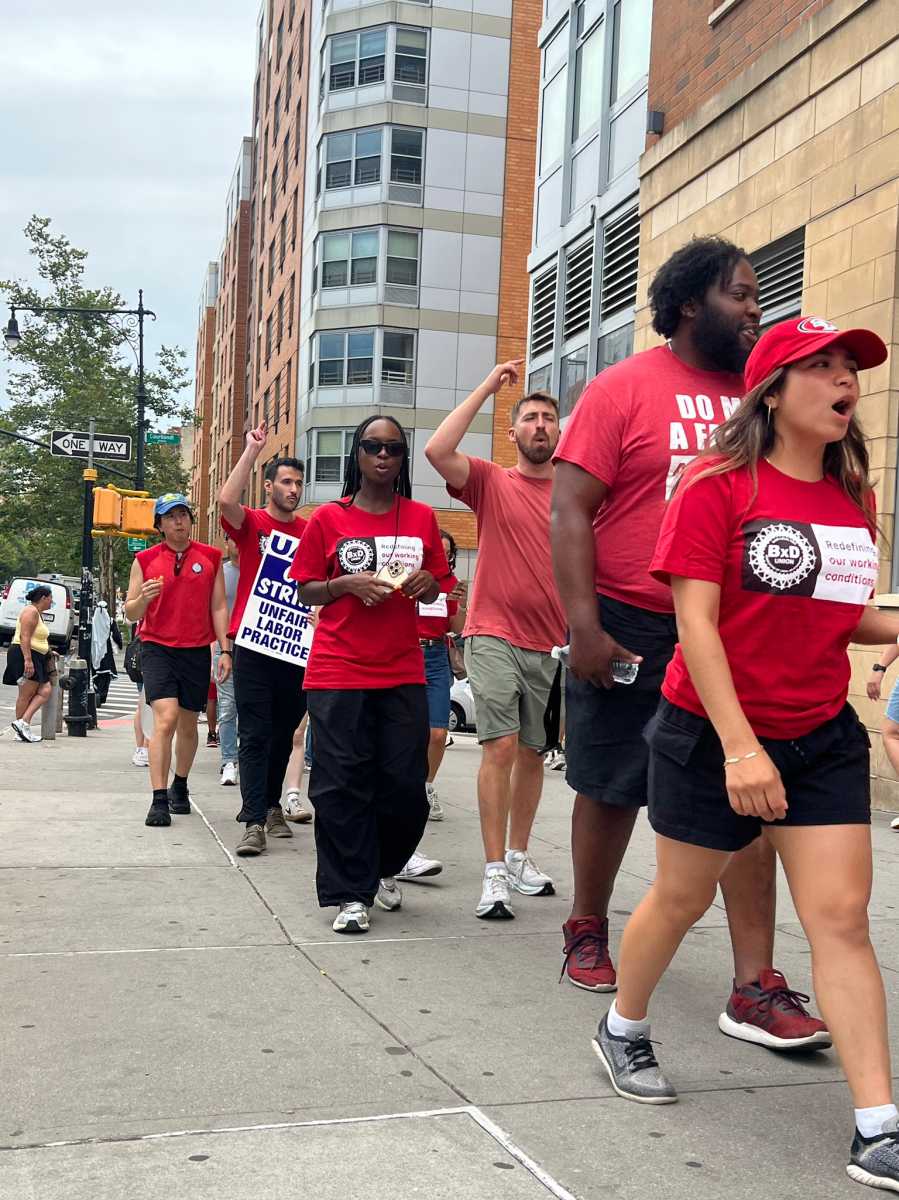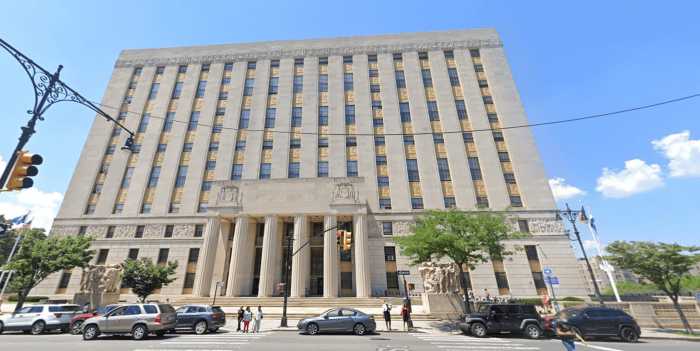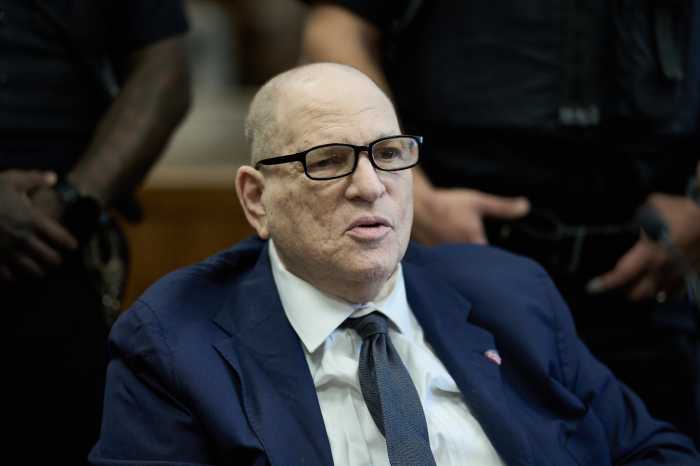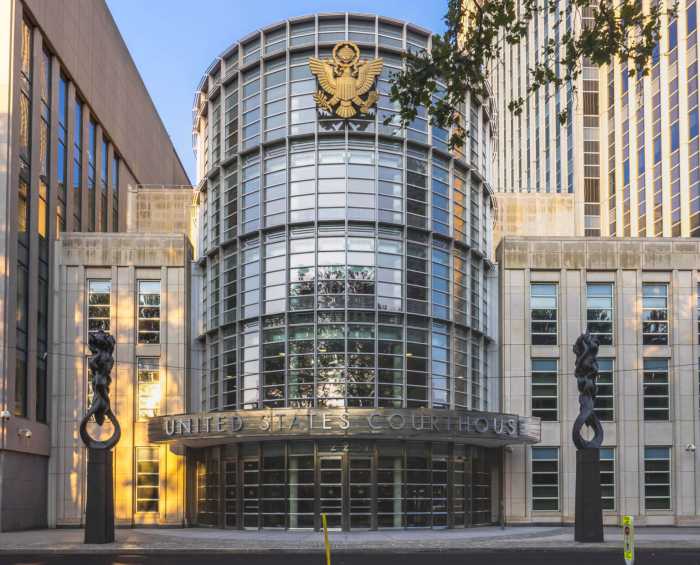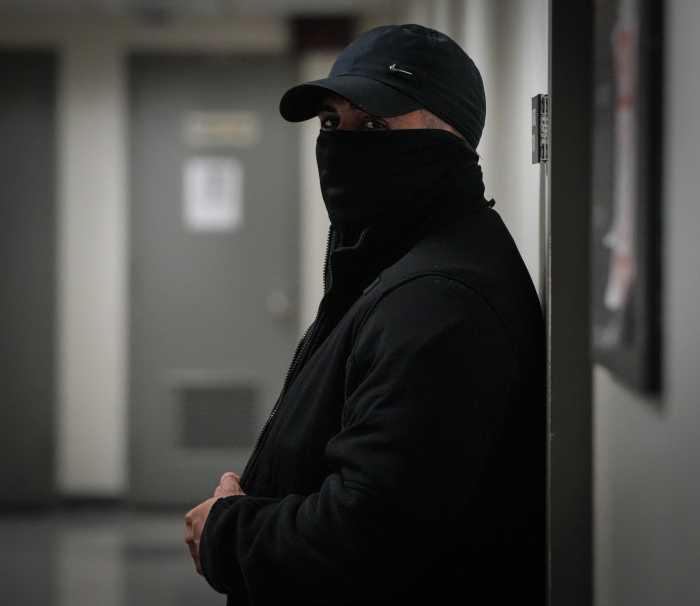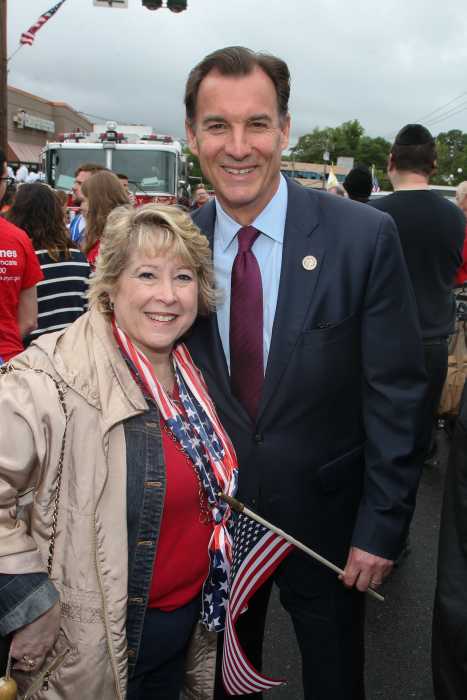After a brief strike, the union representing staff attorneys for the Bronx Defenders — one of the local chapters with the Association of Legal Advocates and Attorneys — ratified its contract agreement with management on Aug. 5.
The Bronx Defenders union was one of several chapters including the Legal Aid Society, the city’s largest provider of public defense attorneys, that returned to work in the weeks after ALAA authorized strikes across the city’s legal services sectors.
Several smaller providers have continued to stay on strike weeks later.
The Defenders’ one-day strike resulted in an annual $68,500 minimum salary for all non-attorney positions such as investigators, advocates and administrators — a provision that became a major point of contention in the contract negotiations.
“Attorneys stood in solidarity with non-attorneys, non-social workers, which in my 10-plus years at the Bronx Defenders, I have never seen this amount of solidarity,” said Carol Larancuent, a legal advocate and member of the union executive board as the non-attorney representative.
The tentative agreement was reached after the union walked off the job for one day. Nearly a week later the union ratified the contract with 97% support of voting members.
“The people of the Bronx deserve high-quality legal representation by staff who are paid what they are worth,” Juval O. Scott, executive director of The Bronx Defenders, wrote in a statement after the union reached a tentative deal with management. “I am looking forward to working closely with the union to ensure that this year’s agreement is the foundation of future success.”
Though attorneys make up a majority of the union, positions like investigators and advocates who search for evidence, track down documentation and work with clients’ families, make significantly less than lawyers.
For these non-attorney, non-social worker positions, which don’t require advanced degrees, it’s often more difficult to move jobs between public defender organizations, Larancuent said. As a result, they settle for lower wages. The wage floor will offer a substantial raise for people in those titles — some of whom have been working for around two decades and were still making $60,000, Larancuent said.
As part of negotiations, the union had initially pushed for a minimum annual salary of $70,000 for non-attorneys. Management initially offered a floor of $59,000, then increased it to $70,000, but with the condition that workers would not receive raises for four years. The union committee, representing both attorneys and non-attorneys, rejected the offer.
The union lowered its demand to $68,500 as a final offer, but management declined it and sent a company-wide email that a strike would not change their position. The strike began for a day, and management “miraculously found the money,” Larancuent said, putting a planned paralegal program on hold to meet the union’s demands.
The goal of the strike focused on the most vulnerable workers at the nonprofit.
“I think that that sentiment, that level of solidarity was something that they didn’t expect, and that’s why the strike ended as quickly as it did, because they were counting on the attorneys to fold,” Larancuent said. “And they didn’t.”



